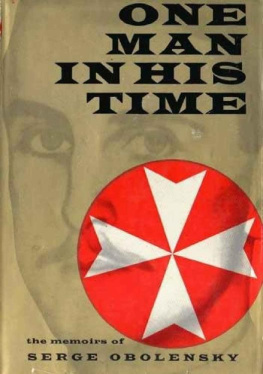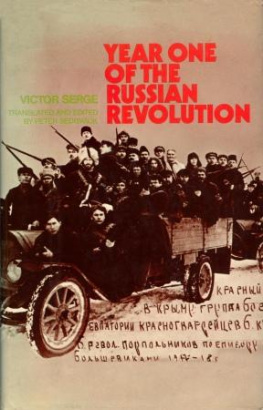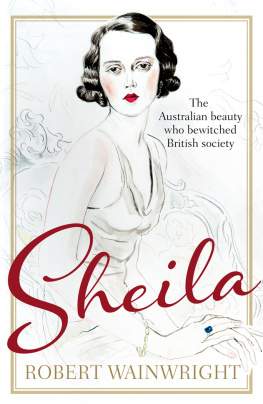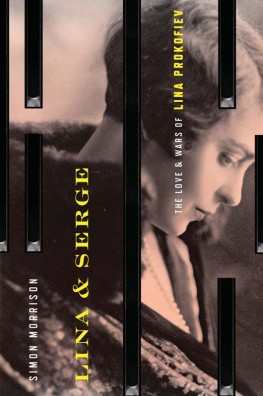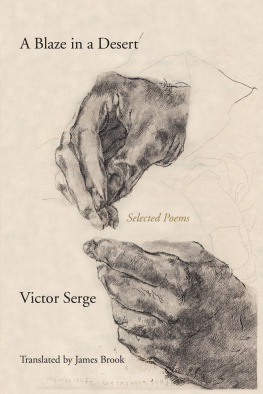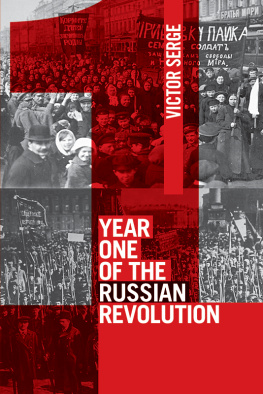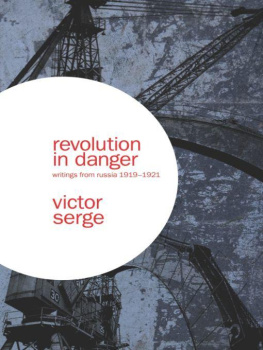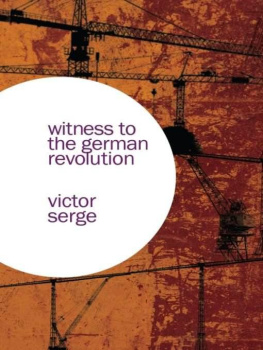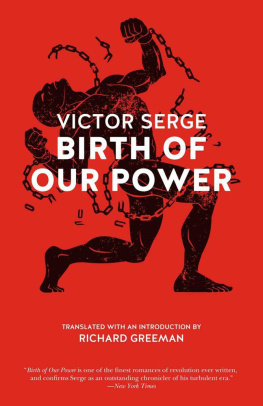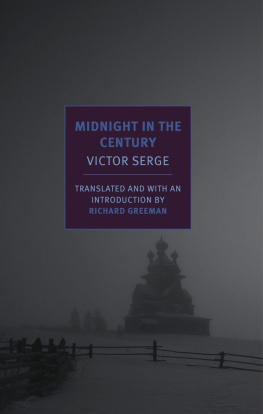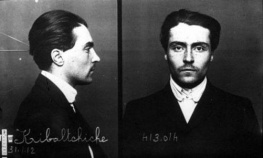
This edition is published by PICKLE PARTNERS PUBLISHINGwww.picklepartnerspublishing.com
To join our mailing list for new titles or for issues with our books picklepublishing@gmail.com
Or on Facebook
Text originally published in 1958 under the same title.
Pickle Partners Publishing 2015, all rights reserved. No part of this publication may be reproduced, stored in a retrieval system or transmitted by any means, electrical, mechanical or otherwise without the written permission of the copyright holder.
Publishers Note
Although in most cases we have retained the Authors original spelling and grammar to authentically reproduce the work of the Author and the original intent of such material, some additional notes and clarifications have been added for the modern readers benefit.
We have also made every effort to include all maps and illustrations of the original edition the limitations of formatting do not allow of including larger maps, we will upload as many of these maps as possible.
ONE MAN IN THIS TIME: THE MEMOIRS OF SERGE OBOLENSKY
TABLE OF CONTENTS
Contents
DEDICATION
I gratefully dedicate this book to Helen Hull,
a true friend throughout the years,
and to whom I owe so much.
All the worlds a stage,
And all the men and women merely players.
They have their exits and their entrances;
And one man in his time plays many parts
As You Like It
ACKNOWLEDGMENTS
The author thanks Robert Cantwell for his editorial assistance and excellent research, and expresses his appreciation to the staff of McDowell, Obolensky, without whose efforts this volume would not have been possible.
The author also commends Rosine Raoul and Charles Criswell, the copy editors; Sidney Feinberg, the designer of the book; Jerome Mulcahy and Al Manso, who aided in design problems and organized the photographic material and art work; and Peter Markovitch, who provided the photographic engravings.
ILLUSTRATIONS
1. My father, the General
2. My mother, Princess Marie Obolensky
3. Myself in 1892
4. In 1894 mother had me wear horrible curls
5. My granddaughter, Marina
6. A family group at the Narishkins
7. Mother in fancy dress
8. Father in fancy dress
9. Catherine the Greats cattle road
10. 1909, Biarritz, with Irina Lazareff
11. My snapshot of the Czar
12. Pastookh
13. St. Petersburg, fancy dress, 1910
14. At the races, Rome, 1912
15. Maia and I, Yalta, 1913
16. Myself and Olga at Mothers hideous house
17. The Bullingdon Club, Oxford
18. Mrs. John Jacob Astor, later The Lady Ribblesdale
19. We hunted in ratcatcher clothes
20. Myself and Seersdorff, killed later fighting against me
21. Watching a steeplechase
22. Riding out to a steeplechase
23. First chukker on Little Blue Bags
24. Third chukker on Bullet
25. Juliet Duff arrives by plane at Oxford
26. Diana Manners, Juliet Duff, Nancy Cunard and Gustave Hammel
27. After Hammel took off to his death
28. After the BullingdonAthenaeum cricket match
29. The Czar and Czarevitch just before the war
30. Grand Duchesses Maria, Tatiana, Anastasia and Olga
31. Officers of Her Majestys Squadron, Chevalier Guards
32. Emperor Alexander II with his daughter, my future wife
33. The Princess Yourievsky, the wife of Alexander II
34. The Kovelfront, 1916, back in reserve
35. The Dowager Empress Marie Feodorovna
36. Princess Catherine Obolensky, my wife, 1920
37. Grand Duke Michael of Russia
38. In disguise: my Bolshevik passport photograph
39. Myself as an Australian jackeroo
40. Bertrand York and Sheila Loughborough at Melbas
41. 1921, Millicent Rogers and I were semi-engaged
42. June 24, 1924, Alice Astor and I were married
43. On our honeymoon at Deauville, Sorine arrived
44. 1924, Vincent Astor when I first knew him
45. 1925, the family, Hanover Lodge
46. 1928, Ivan and I at Rhinebeck
47. Ferncliff, 1926, Vincents house at Rhinebeck
48. Cecil Beatons wonderful photograph of Alice
49. Before Helen Astors fancy dress ball
50. The Nourmahal , Vincents great yacht
51. Doc Holden and I and our marlin
52. F.D.R.s hot dog invitation to meet King George VI and Queen Elizabeth
53. Vincent and I with penguin friends
54. With Grace Vanderbilt at Baileys Beach, 1938
55. One of my parachute jumps
56. Brigadier General Ted Roosevelt at Garibaldis Tomb
57. Ted Roosevelt, myself and group on Sardinia
58. Preparing to jump into France
59. Walking to the taxi
60. Ready for France, I talk to the pilots
61. The local colonel of the Maquis and I review his Leftists
62. The little Mayor of Chteauroux
63. After the war, in Central Park
64. Ginger Rogers at the Duke Box
65. Gina Lollobrigida at the Plaza
66. Gertie Lawrence and I try out a Sherry-Netherland bed
67. Two Democrats campaigning
68. Joan Fontaine and I at Southampton
69. Marilyn Monroe and I at the Ambassador
70. Hedda Hopper, Alice, Ivan and I at the Ambassador
71. Jeanne Crain and I have a chat
72. With Hedy Lamarr
73. My Russian New Years dagger dance
GENEALOGY OF DIRECT MALE DESCENT OF THE PRINCES OBOLENSKY



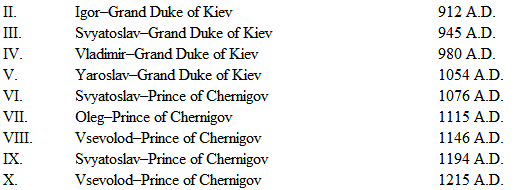

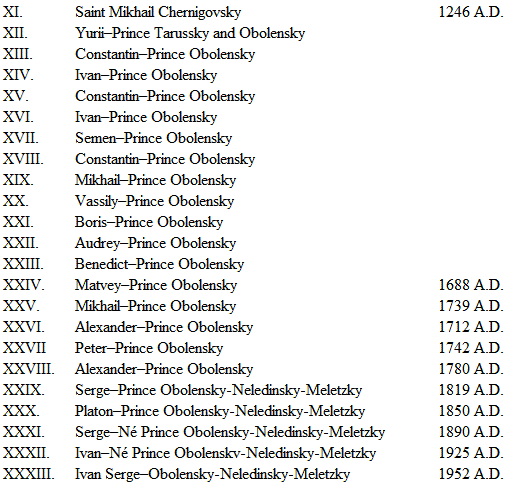
PART ONEHORSE BLANKET
1
A WIDE BOULEVARD, with four rows of shade trees on both sides of it, ran from the railroad station at Czarskoe Selo to the park around the Summer Palace of the Emperor of Russia, and the houses of the nobility stood in their own grounds on both sides of the boulevard. My fathers house in Czarskoe Selo was the first in the row after leaving the station, and there I was born on October 3, 1890. I was my fathers first child; we were in the direct male line of the Obolensky family.
Each summer the Emperor and the Empress left the Winter Palace in St. Petersburg, twenty miles away, for Czarskoe Selo; and the villas filled up with people whose position in Russian life was about like our own. By that I mean they belonged to one of the two hundred princely families of Russia, their wealth was generally in landed estates, their social life revolved around court functions, and their sons went into the army.
Under ordinary circumstances I might have been expected to do the same. My father was Colonel Platon Obolensky, then forty years old, a heavy-set, kindly man who had a military record of considerable distinction and was aide-de-camp to Grand Duke Vladimir. You see, in Russia in those days a boy with a background like mine would almost automatically be trained to become an officer, and if his father was aide-de-camp to a Grand Duke, it meant that he would probably be brought up close to court circles. But I was too young to have had a real life in the Russian court before the war and the Revolution came. Curiously enough, I had no military training whatever until 1914, when I entered the Russian cavalry as a private and was trained in actual combat.
Next page
